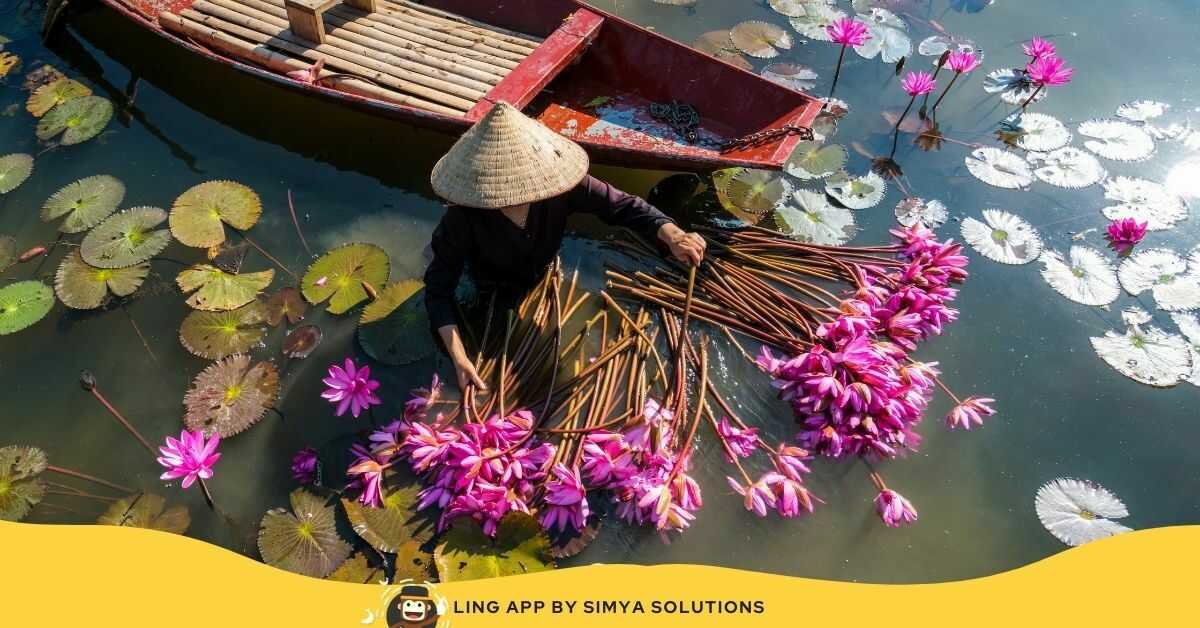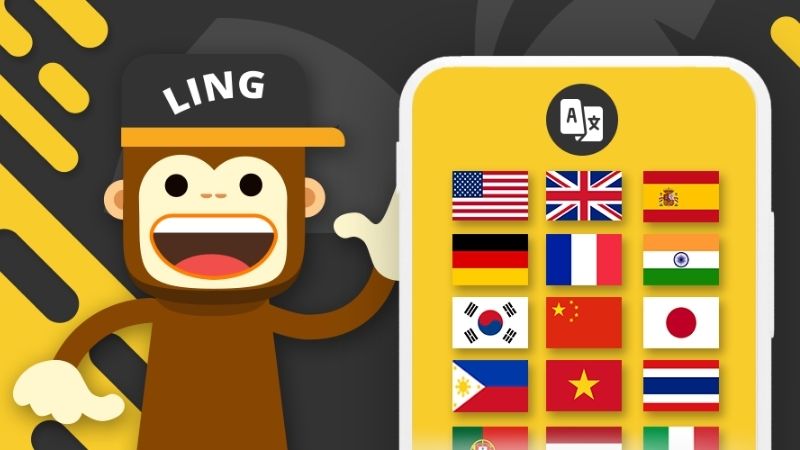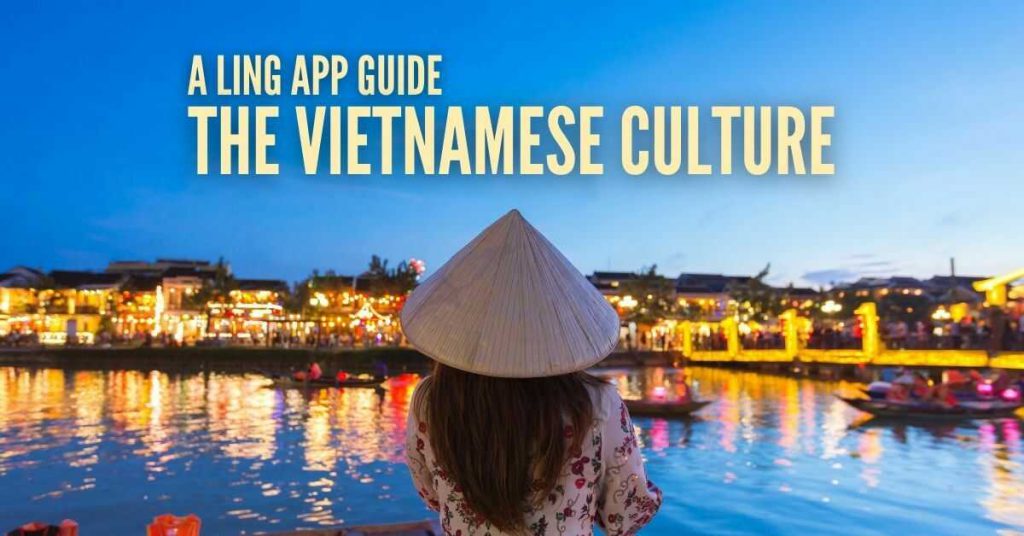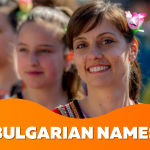A vast majority of people are becoming more interested in visiting North and South Vietnam. If you are one of those people, then we highly recommend that you take some time to get to know the Vietnamese culture. Like with most countries, learning the culture of the place allows you to discover the norms so that you’ll get to experience the country like a local. Ever heard of the classic phrase “do what do locals do”? If yes, this post is for you. Today, we will walk you through the common cultural concepts that the Vietnamese locals believe in. If you are up for that, then let the learning begin.
Whether you are just traveling for fun or planning to migrate to another country, doing a little research will help you prepare for the cultural differences that you might be faced with. After all, not all countries are the same and you do not ever want to feel like a lost tourist who is rubbing off as disrespectful to the locals, right?
In as much as we want to think that the locals can simply give you a “free pass” because you are a foreigner, it is always better to come prepared and be on the good side of the people. Remember, you are miles away from home, and the only people you can count on there are the locals. Simply think of it this way… the fact that you will do your research before you travel will make you feel like a responsible and sensitive traveler.
One example of an Asian country that has strict rules and different culture from the West is Vietnam. Vietnam is geographically near China, Cambodia, and Laos which is why there is no surprise why much of its culture, art, and language is heavily influenced by these countries too. What makes Vietnamese culture truly interesting is the fact that it is considered one of the oldest ever cultures in the world. In fact, there are reports saying that much of it has started since 111 BC from ancient Nam Viet. The customs were also influenced by American, Asian, and European cultures.
Vietnamese Culture

Due to globalization today, Vietnam’s culture can be considered multifaceted in the sense that it has continuously changed over the years. Most of the ideologies are also greatly shaped by those of the Western and neighboring countries. According to the locals, they believe that those influences are “cultural invasions” but many of their traditional cultures and customs are still able to survive to this day.
The 3 Must-Know Ideas About The Culture Of Vietnam
In this part, we will discuss some of the major points that you need to know about the Vietnamese people and the overall society. Hopefully, this information can help you prepare for Vietnamese life in case you are planning to visit the country any time soon.
Conservativeness
Wearing the appropriate attire when visiting a country is important as it reflects your earnest desire to show respect to the beliefs of the locals. Every country has different views about clothing and these are all dependent on certain political, religious, and societal factors. In the case of many Vietnamese people, fashion really has adopted those that you can see in Western countries. However, it is a must that you avoid over-revealing clothes at all times especially when you are visiting religious places like temples.
If you do not have any shirt that is not revealing, using a pashmina is ideal. Also, you might want to consider wearing loose-fitting long pants or skirts in order to avoid showing your legs to the public. For the males out there, Vietnamese men usually wear long-sleeved shirts along with some pants as wearing shorts is also not really ideal.
In addition to that, many Vietnamese people do not wear excessive jewelry as it is very impolite to show off your wealth in the public. As a rule of thumb, using basic jewelry that is not that huge can be the best choice for you.
Religion And Festivals
While Vietnam indeed practices ancestor worship along with diverse dance forms and traditional Vietnamese music, the country is officially known as an atheist state. This means that there is no real religion that is recognized by the Vietnamese government. In fact, about 19% of the whole population practices a specific religion!
One common religious event that you must take note of is the traditional funeral ceremony. We are saying this because this is truly different from how other Western countries celebrate theirs. In Vietnam, the funeral is long-stretched and you can find that the dead are placed on a grass mat before being buried in a coffin. You can also see a chopstick on the rice along with three coins.
In terms of festivals, Vietnam exhibits its love for its culture not just through music but other performing art forms. Some of the most popular traditional dance forms include the platter dance, imperial lantern dance, and fan dance. On top of that, they also have imperial court music, central classical music (Champa culture), and unique Vietnamese arts.
To celebrate festivals, the Vietnamese people also have a tradition of cooking native delicacies. If ever you join festivals, you can expect tons of phở or rice noodle soup since it originated mainly in North Vietnam (where it is a noted Vietnamese dish).
Vietnamese Martial Arts
Aside from the food and the Vietnamese art, the locals show patriotism by consistently showing respect to their martial arts practice. The martial art form in Vietnam is not as popular that its Chinese or Japanese counterparts but it remains to be a really cool part of their culture. Even the Vietnamese youth are supposed to learn the martial arts in school so that they can preserve knowledge on this.
Wrapping Up

Did that information make you extra excited to visit Ho Chi Minh city soon? If yes, then let us know in the comment section below about your thoughts on the Vietnamese culture. If you have been to other countries from Southeast Asia, we do understand that it is easy to compare Vietnam to all those since this one has unique culture and traditions. Hopefully, you will take all our recommendations from this post and try your best not to come off as rude when dealing with the locals.
If you enjoyed this post and figured that you would love to learn more about the Vietnamese identity, national language, and culture, then please do not miss out on our previous language learning posts. Some of the related posts that you should read next are the following: traditional attire, existing religions, and the traditional Vietnamese food range.
Also, we highly recommend that you download and start learning their native language so that you can blend in easily with Vietnamese society. Fortunately, the Vietnamese language uses the Latin alphabet which means that learning it will be much easier than with other languages.
While more than half of the entire Vietnamese population can speak English, having the ability to communicate with the locals in a language that is truly close to their hearts will help you connect better. If you are ready to boost your skills, downloading the Ling App by Simya Solutions is the best choice.
The Ling App is a language learning app developed with the goal of making language learning easy and exciting for you. It follows a gamified approach which means that you will encounter fun mini-games, challenging quizzes, and interactive lessons within the platform. It is so flexible that you can access it via the web (on this website) or download it on your mobile devices.
So, what are you waiting for? Get started today and learn Vietnamese the right way with the Ling App.








































